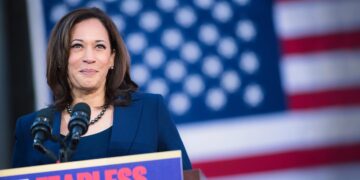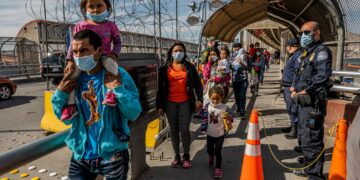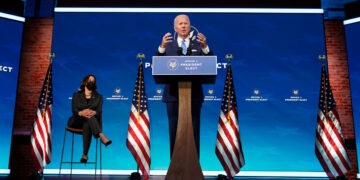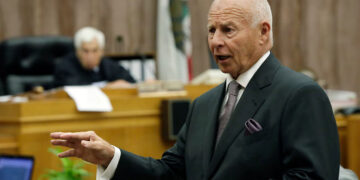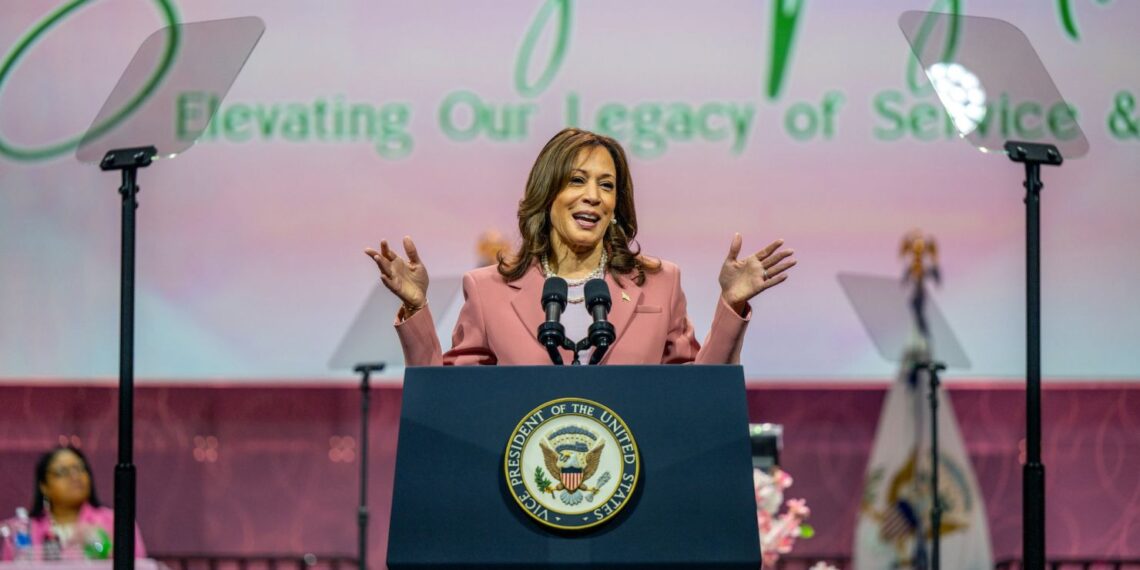Alpha Kappa Alpha (AKA), a historically Black sorority with Vice President Kamala Harris among its most notable members, has taken an unprecedented step by creating a political action committee (PAC). This move is noteworthy, given the sorority’s long history and significant influence within the “Divine Nine,” a collective of Black Greek-letter organizations that have long wielded considerable political clout.
The establishment of the AKA 1908 PAC, named after the year of the sorority’s founding, is being viewed by some as a strategic effort to rally support around one of their own, particularly with Harris now being the de facto Democratic nominee for the presidency. The PAC will be able to accept donations of up to $5,000 from members and their families to support federal campaigns and political parties. This development could signal a new era of political involvement for AKA and other organizations within the Divine Nine.
While this move is being celebrated by some, it also raises important questions. The close ties between a historically Black sorority and the Democratic Party could be seen as a blurring of the lines between social organizations and political advocacy. While the PAC does not officially endorse any candidates, the timing and the background make its political leanings clear.
Moreover, the vice president’s deep connection with AKA and the Divine Nine has been a focal point of her political identity. Her campaign has benefited significantly from this network, with donations and grassroots support playing a crucial role in her political ascent. As Harris and her allies gear up for the upcoming election, the formation of this PAC could be viewed as a calculated move to consolidate and mobilize this base even further.
While Greek organizations have a history of political engagement, the overt establishment of a PAC by AKA might raise eyebrows among those who question the influence of such groups in national politics. It also prompts a broader discussion about the role of social organizations in the political sphere and whether such involvement enhances or undermines the democratic process.

